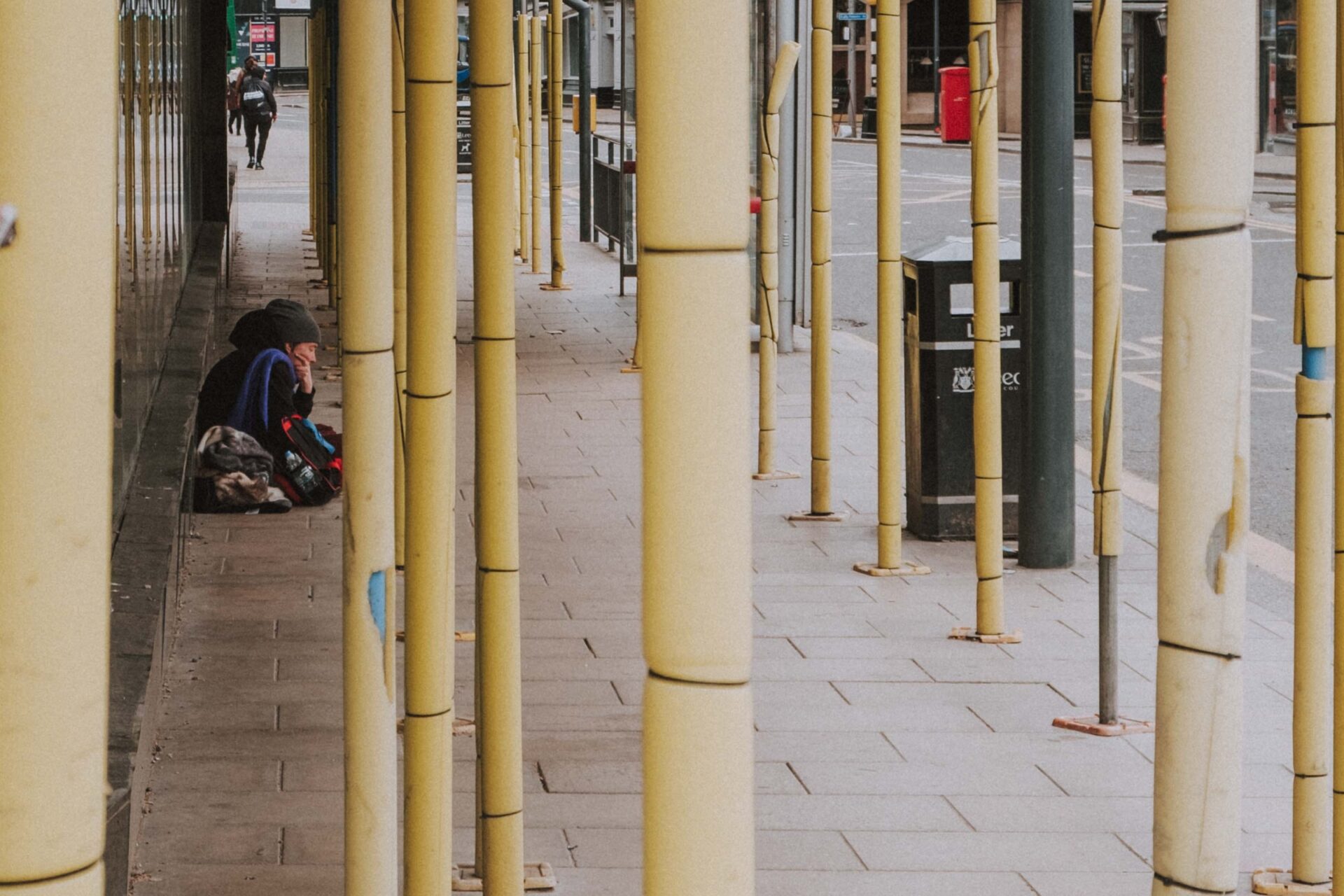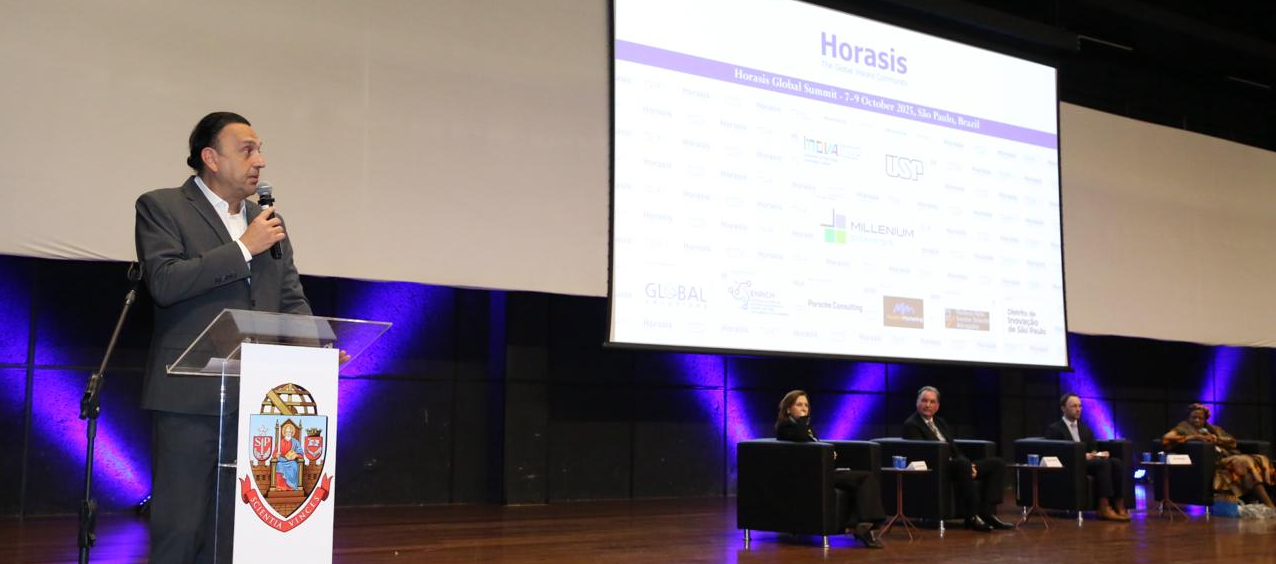Urgent Need for International Dialogue to Overcome Inequalities
Social inequalities abound in the communities we are part of. Income inequality has perhaps been the oldest form of inequality, where disproportionate amounts of wealth rest in the hands of few. Conversely, the less affluent sections of society are often caught in a vicious cycle – barely able to make ends meet. Their earnings are largely spent on fulfilling basics like food, clothing, and shelter.
And in this cycle, the demand for spending never ceases. Therefore, when COVID-19 struck and lockdowns were enforced, the meagre incomes that many subsisted on were severely impacted.
The impact on income subsequently meant curtailing expenses on other key essentials such as healthcare and education. The precarious situation COVID-19 presented actually required increased healthcare spending on personal or household levels. Even before the pandemic struck, healthcare spending by most governments were at their lowest. Currently, access to subsidized healthcare remains low because the bulk of healthcare workers are directed towards containing the virus’ spread.
The pandemic has led to the emergence of several societal challenges. To review and address the tremendous changes that we are witnessing in the world, Horasis is organizing the Horasis Extraordinary Meeting on 1 October 2020. The meeting will be a congregation of heads of state, ministers and key figures from multilateral institutions, the business community, academia and media, that will deliberate and seek to explore possible solutions to these extraordinary challenges we face.
Testing Times
The quest to arrest economic inequalities has been ongoing for a considerable time. But the pandemic has come at the worst possible time as it is going to set us back further, undoing years of progress made in poverty reduction and improvement in social welfare. This is particularly true of emerging markets that are anyway struggling to cope with the health impacts of the virus.
It is imperative to better examine the causes that propagate this societal bane. It will, no doubt, take a long time for many countries and societies to emerge from the impacts of this crisis. Many may witness a ‘worse-off’ scenario while others may choose to simply embrace such misfortune as the ‘new normal’.
Developing economies have been impacted most. Certain governments have resorted to dissolution of stakes in government-owned enterprises as a means to tide over the looming debt crisis. Meanwhile, some developing economies that have registered sizeable GDP contractions are hesitant in accepting debt packages for fear of being labeled as high-risk or irresponsible borrowers in the future. Furthermore, they also run the risk of witnessing downgraded credit ratings, exposing them to higher interest charges on future borrowings.
Multilaterals, forward-thinking governments and business philanthropists must be accorded praise for their efforts towards eliminating the menace of social inequalities. But the time isn’t now to rest on past laurels; rather the pandemic and the ensuing economic downturn demand efforts to be stepped up, now more than ever, since large subsets of the global population have been adversely affected.

Health vs Economy
Healthcare and the economy are not complementary facets. Economic growth has always taken precedence over health matters. Governments were busy allocating resources to setup large infrastructure projects. In the meanwhile, access to proper healthcare, which should have been every citizen’s basic right, assumed a backseat. The fault in such dubious policies remains exposed, and raises question marks over governance.
Moreover, governments in most countries are currently preoccupied in addressing the domestic challenges arising from COVID-19. When the pandemic struck, most economies resorted to safeguarding their citizens’ physical wellbeing by choosing to declare prolonged lockdowns. At first glance, this seemed an appropriate measure. But as these lockdowns began to draw on, it severely impacted the marginalized sections of society – the large majority being daily wage earners or those whose occupations do not lend themselves to working from home.
The pandemic has shown there are no easy answers, as country after country is finding out. It is never a case of ‘one over the other’, as we are seeing. Perhaps one of the biggest learnings from this crisis is the importance of wholesome development – one that is focused on not just incomes but societal wellbeing in general.
Global leadership and governance have been exposed and there appears a void – one that is left on ‘others’ to try and fill as it becomes increasingly clear that the pandemic is here to stay for the longer term. Horasis seeks to provide a platform that can help offer viable solutions. It does this through the fostering of a collaborative spirit to brainstorm possible ways to arrest the slide we seem to be in and to find ways to usher in lasting, positive change.
Come Together
COVID-19 is a crisis not limited to one country or one section of society. And while it has not been discriminatory in terms of who it has impacted, it has not impacted everyone alike. The poor have been hardest hit by the crisis globally.
Political leaders must rethink priorities; they must set aside their differences and come together because finding solutions to a problem of this magnitude is no easy task. A collaborative, multilateral approach is key towards emerging from the crisis and stemming the downward economic trend before larger, irreversible damage is inflicted.
Photo Caption: A homeless woman sits in the Leeds city centre during lockdown. The pandemic has had drastic implications on the marginalized sections of society. Photo by Dan Burton on Unsplash.



